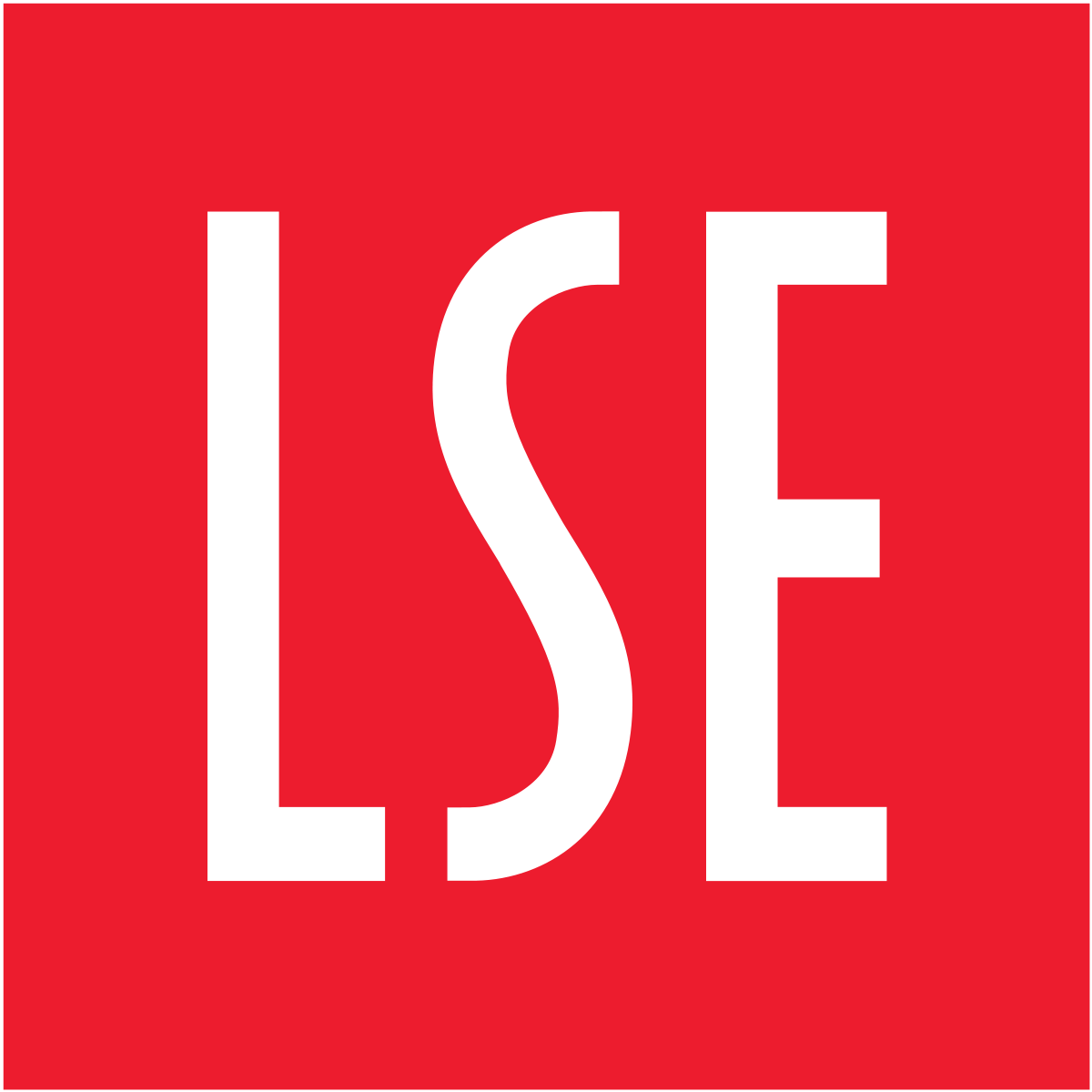
MSc in Gender (Sexuality)
London School of Economics and Political Science, London - Canada


London School of Economics and Political Science, London - Canada

MSc in Gender (Sexuality)
London School of Economics and Political Science, London - Canada
It is a top-ranked institution verified by QS
High Employability Rate
Research-Driven Curriculum
Degree
Postgraduate
Duration
12
Course Type
With Co-op
Co-op education gives you real-world experience in a job related to your studies.
INR
29.01L
USD 34128
1st Year Tuition Fees
Opening Soon